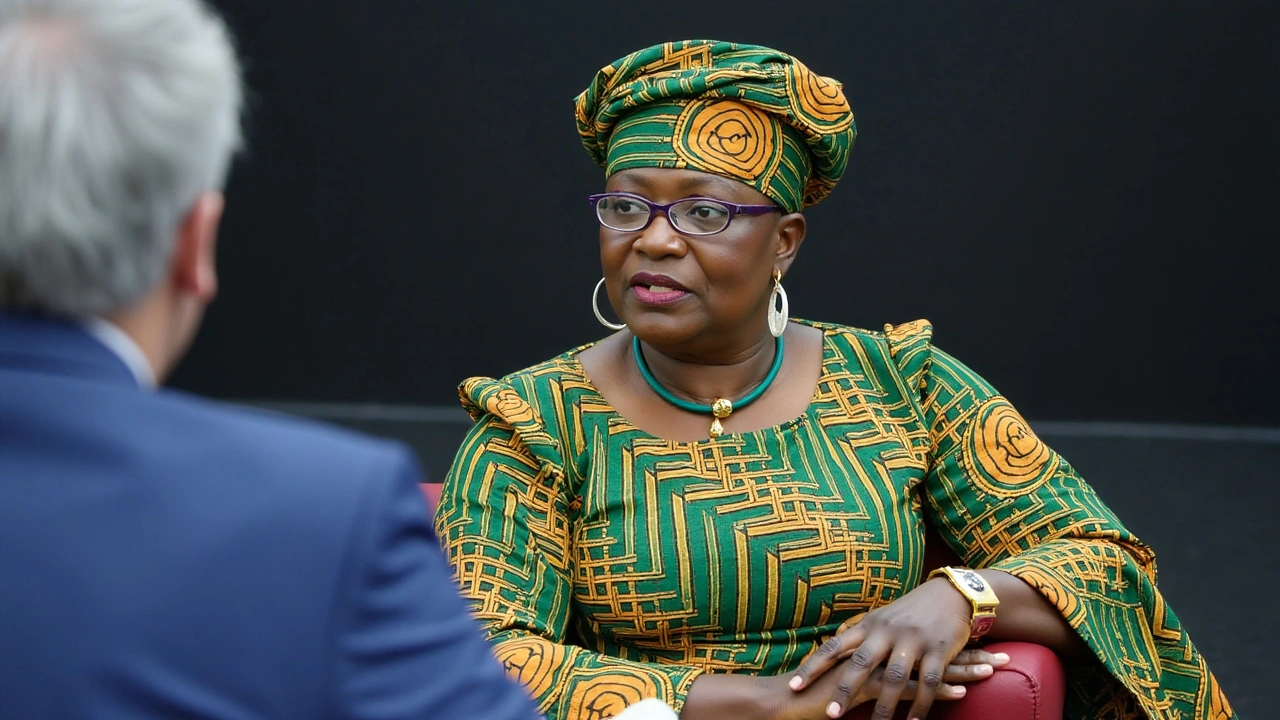Insecurity: What It Means for Us and the News We Follow
Insecurity isn't just a word—it's a real challenge that sneaks into many parts of our lives. Whether it's personal fears, social issues, or community safety, insecurity changes how we live, work, and connect. Looking at recent headlines, you’ll find insecurity showing up in unexpected ways, affecting everything from local situations to big international stories.
Take sports, for example. When teams face uncertain outcomes or struggle with form, it’s a kind of insecurity on the field that fans can feel. The upcoming Rangers vs Viktoria Plzeň Champions League qualifier shows how unpredictable performance can create nerves and tension, making the game as thrilling as it is uncertain.
Insecurity in Technology and Services
Insecurity also pops up in our tech lives. The Samsung Galaxy A16 5G, while promising, shows us how budget limits sometimes create doubts about quality, leaving users unsure about their choice. Plus, when a telecom giant like MTN Nigeria hikes prices by 50%, it sparks outrage and fear of unfair costs. People worry about rising bills and their trust in companies gets shaken.
Looking beyond products, social security can swing feelings of safety too. Recent delays in Nigeria’s paramilitary recruitment left many young people uncertain about their futures. When official processes stall or services collapse—as seen with Nigeria’s 9mobile network issue—frustration and vulnerability grow, feeding community-wide insecurity.
The Human Side of Insecurity
News stories about families and investigations reveal a very personal side of insecurity. The ongoing Mohbad death investigation showcases how suspicion and mistrust can divide families and communities, stirring emotions and fears. Even top-level politics carries this tension: shifts in leadership or controversial decisions create waves that trickle down to the everyday person’s sense of stability.
So, insecurity isn’t just about crime or danger. It’s about the mix of uncertainty that touches sports, tech, social services, and personal lives. Keeping an eye on these stories helps us understand how this force plays out in many ways and why it matters to all of us.
Ngozi Okonjo-Iweala Urges Political Leaders to Stop Using Insecurity as a Tool
Dr. Ngozi Okonjo-Iweala, Director General of the WTO, has called on Nigerian politicians to stop weaponizing insecurity for personal gain. Speaking at the Nigerian Bar Association's 2024 Annual General Conference, she addressed issues such as socio-economic development, crude oil theft, and the importance of judicial and electoral independence.

